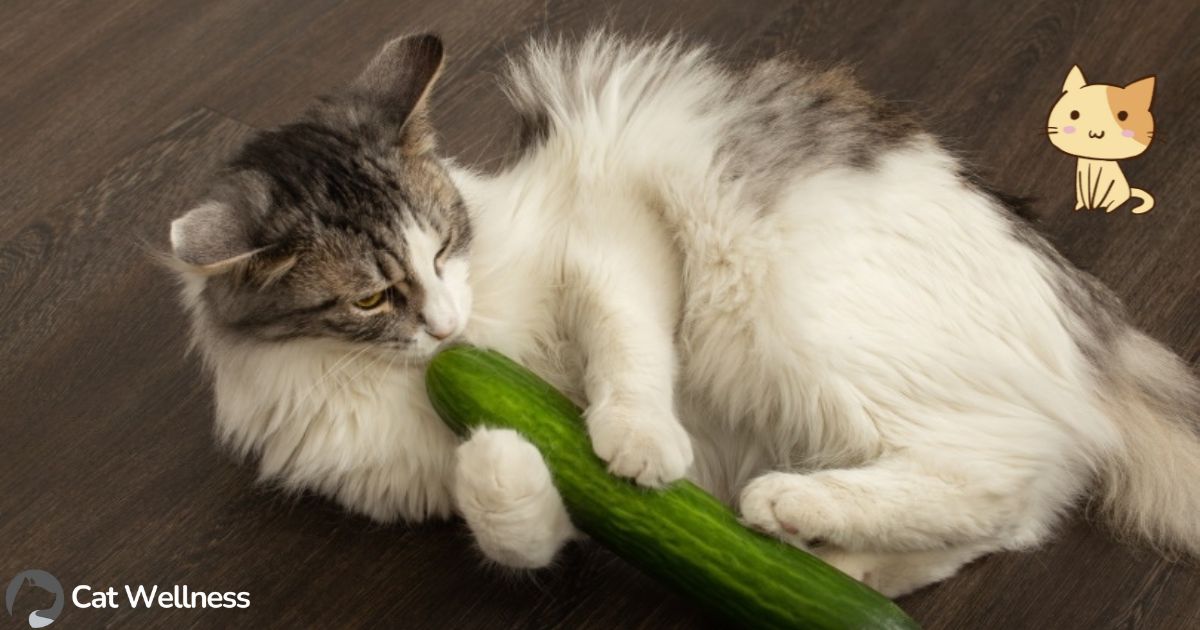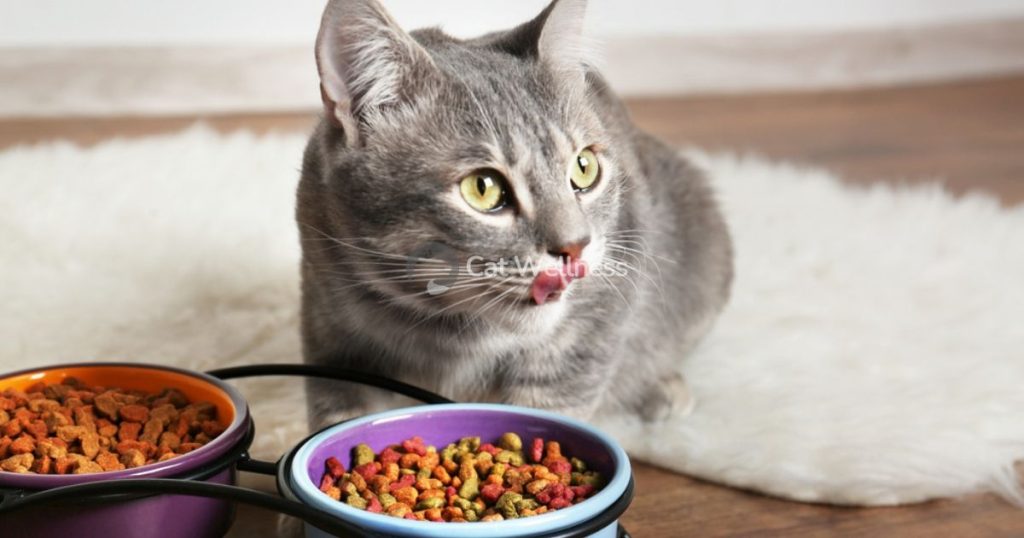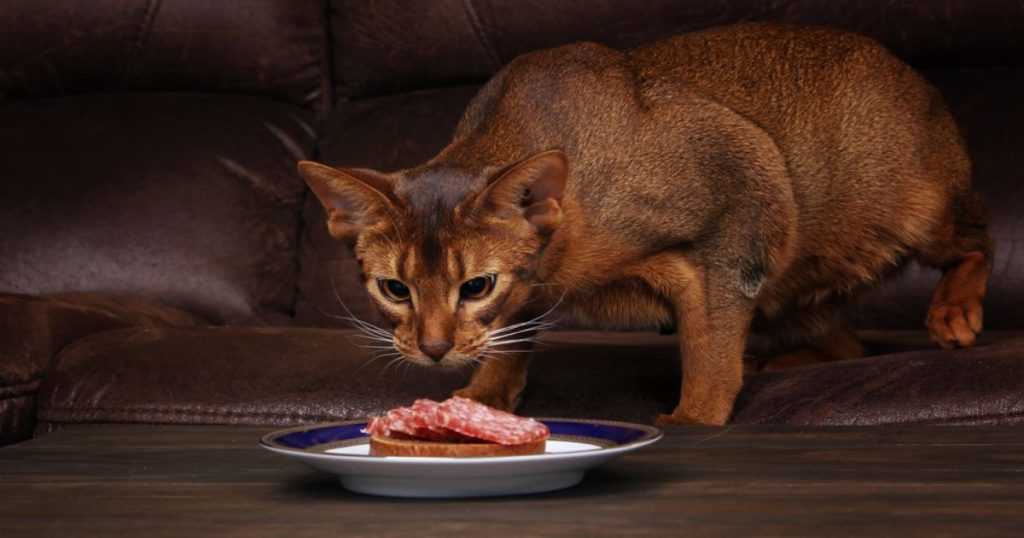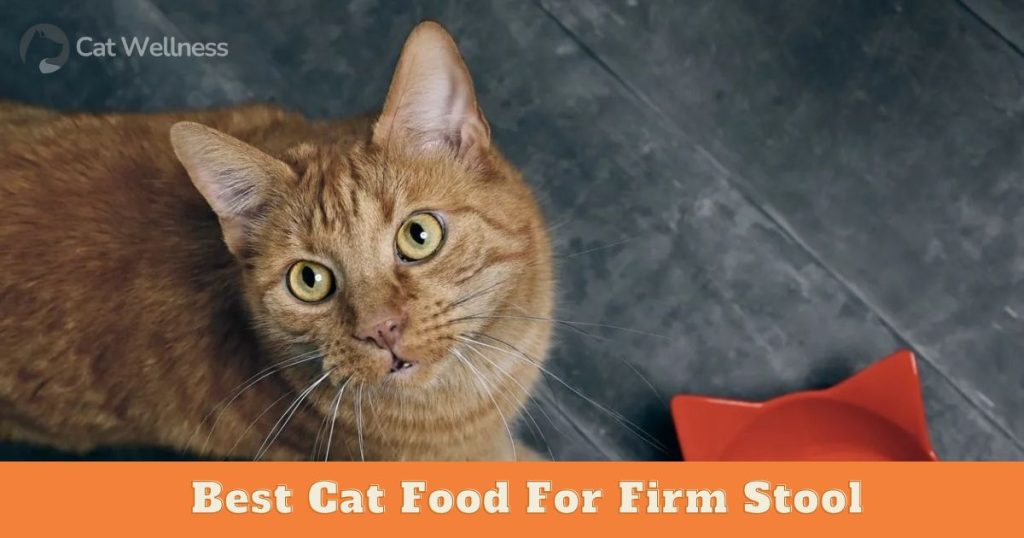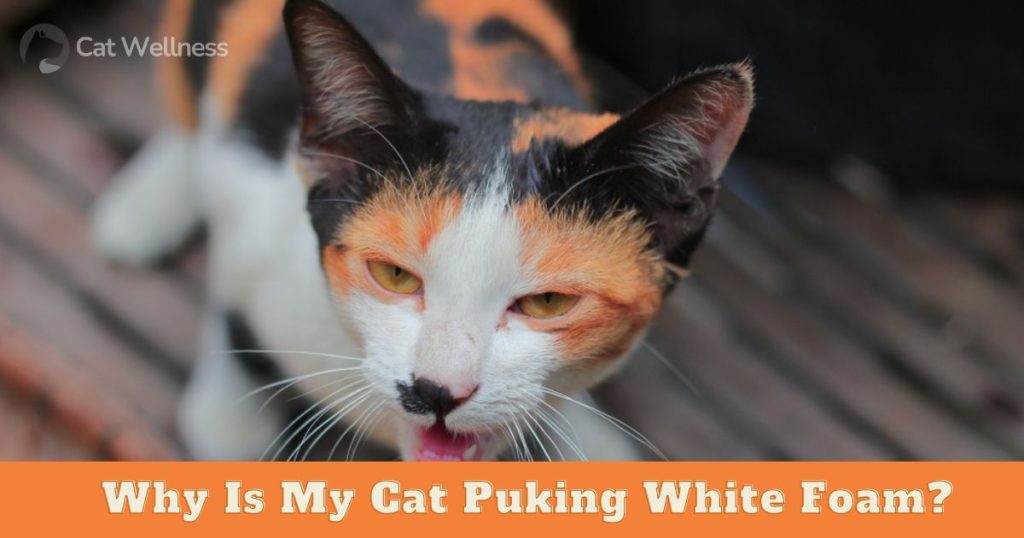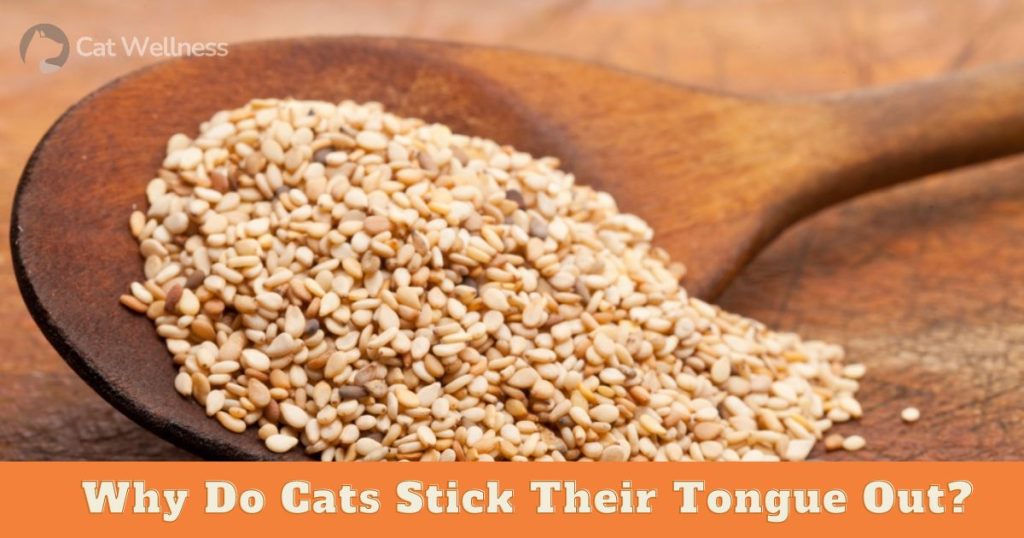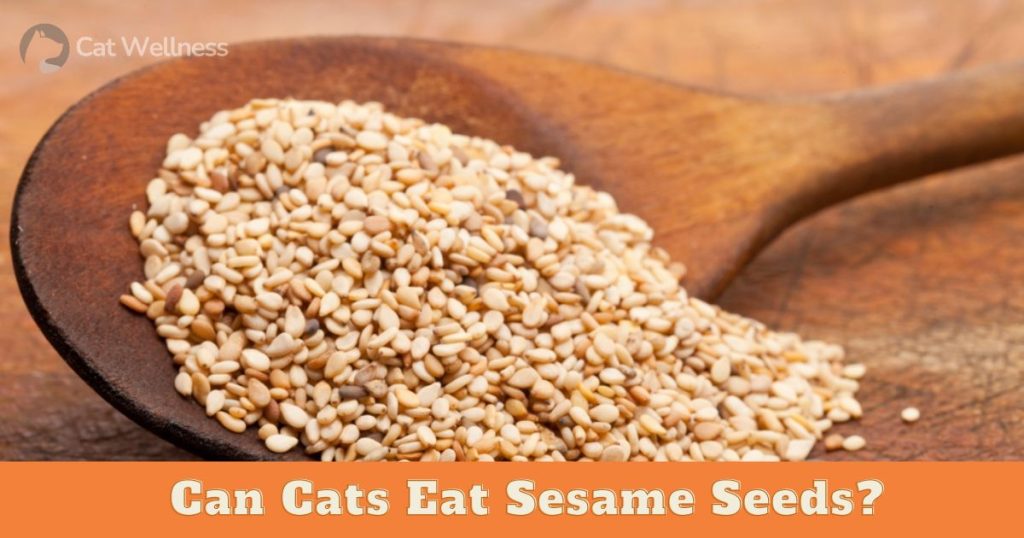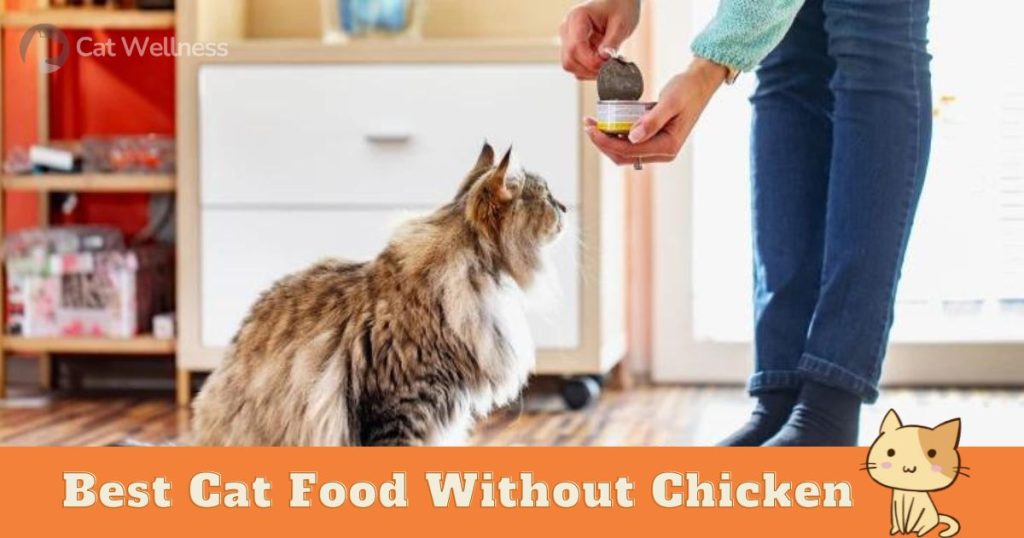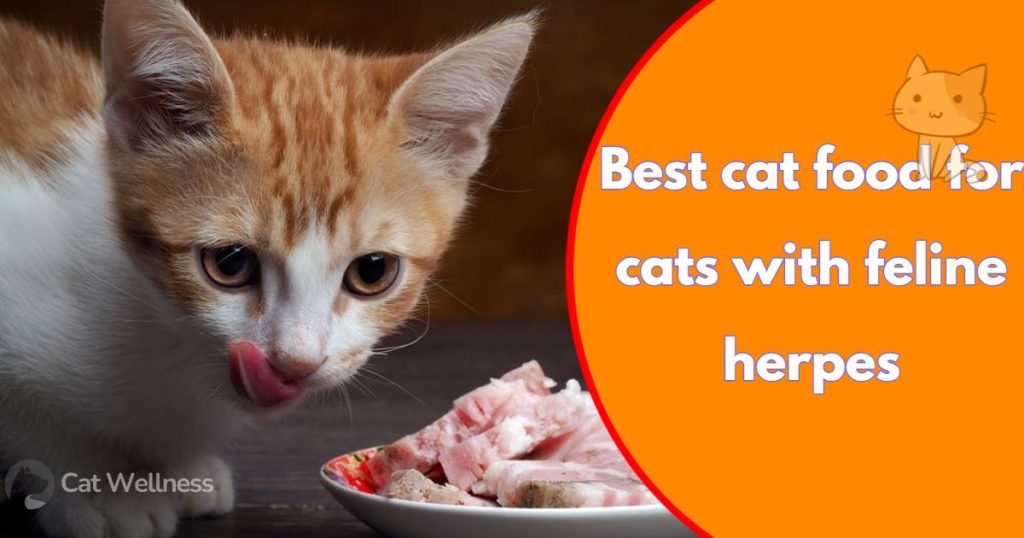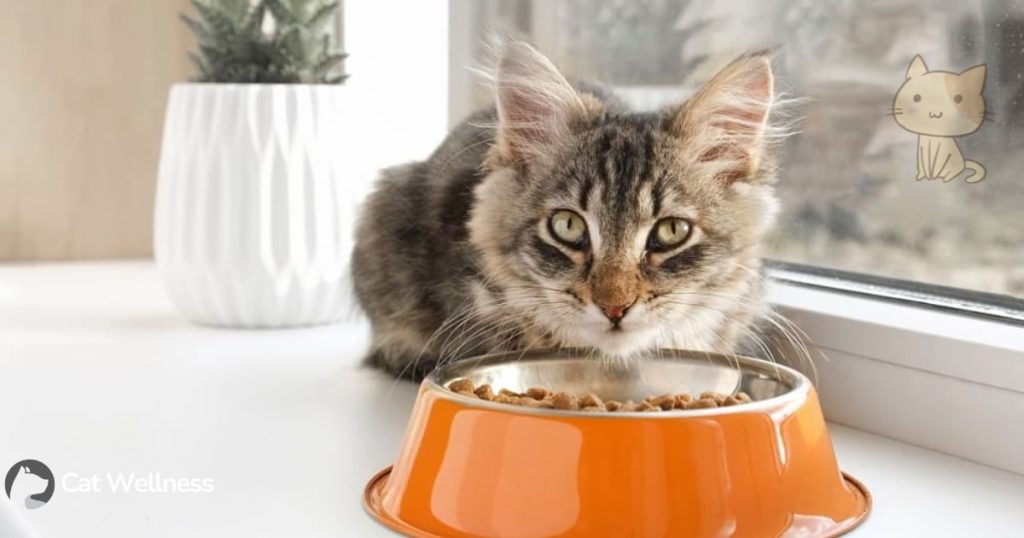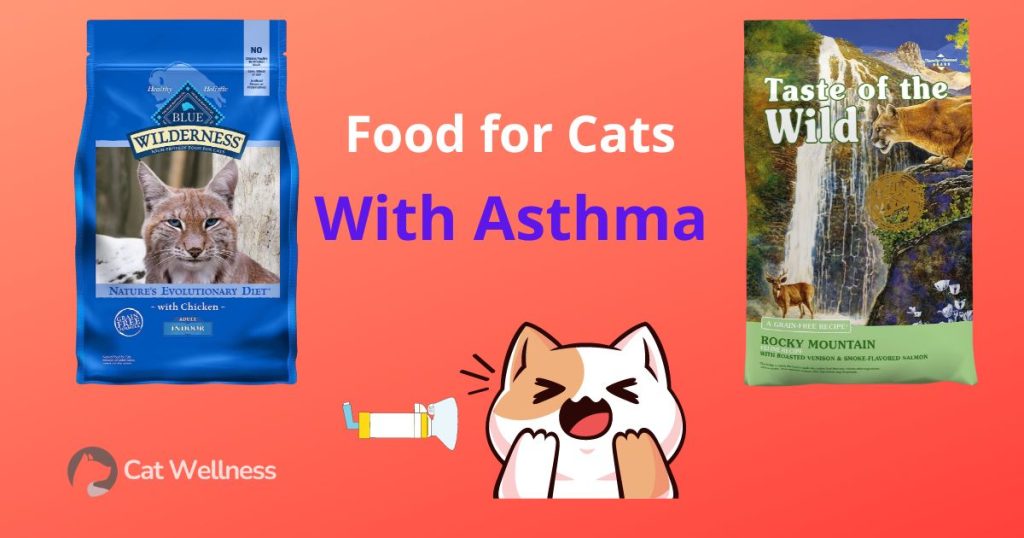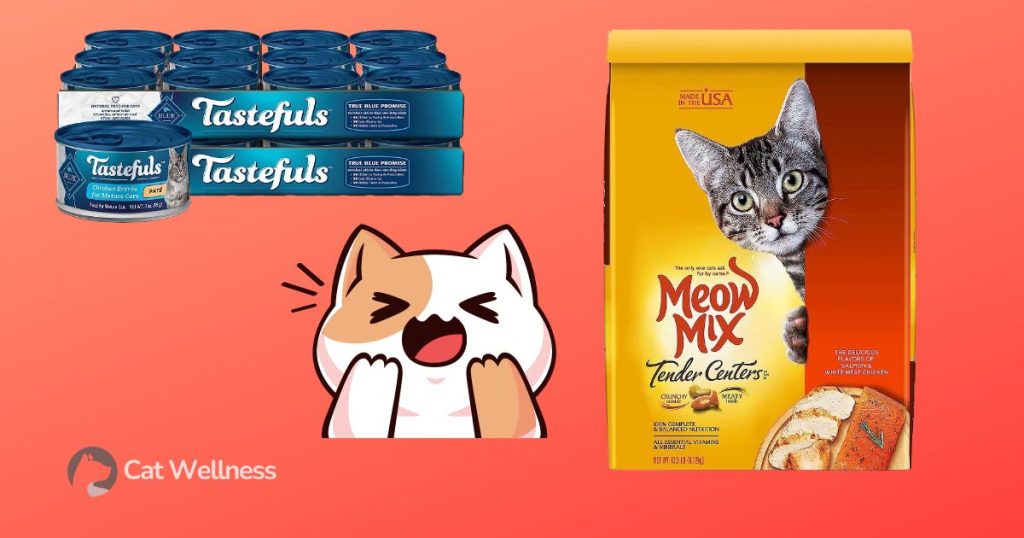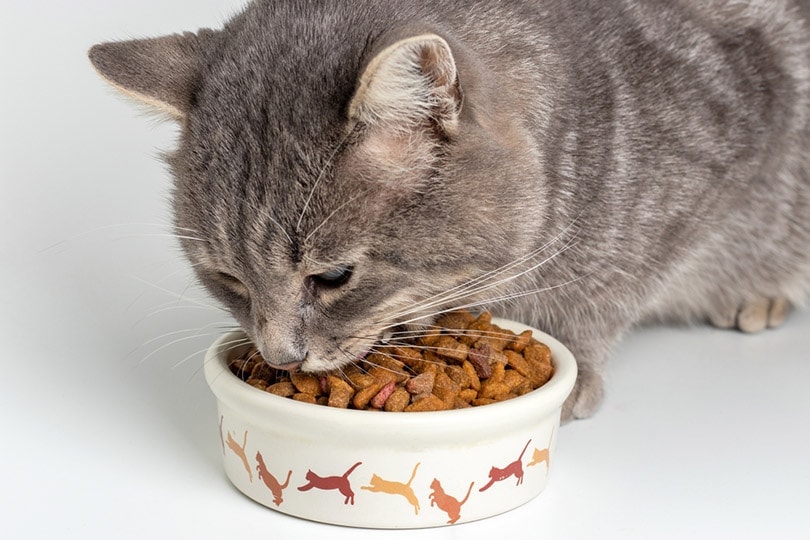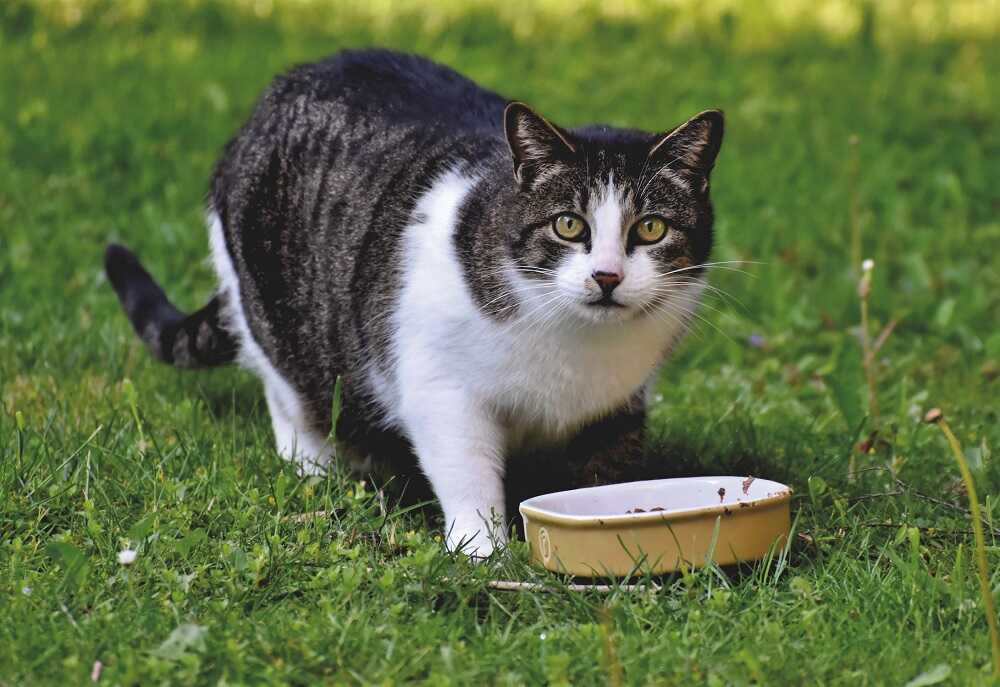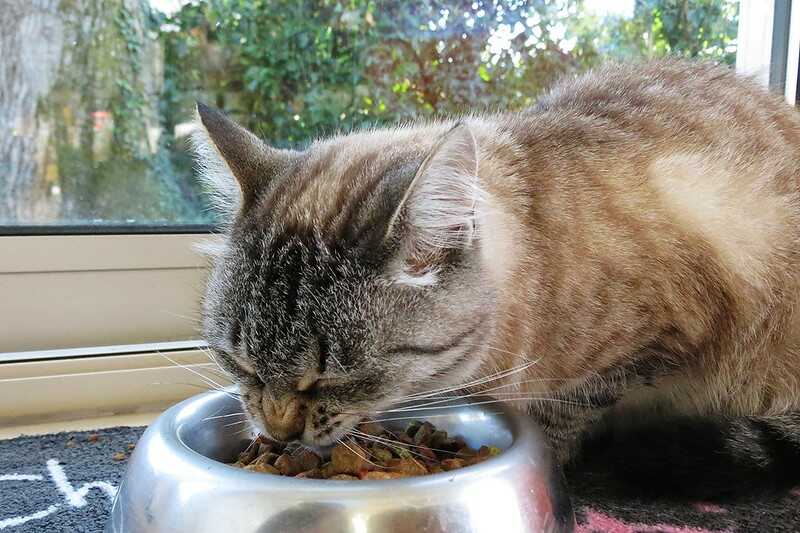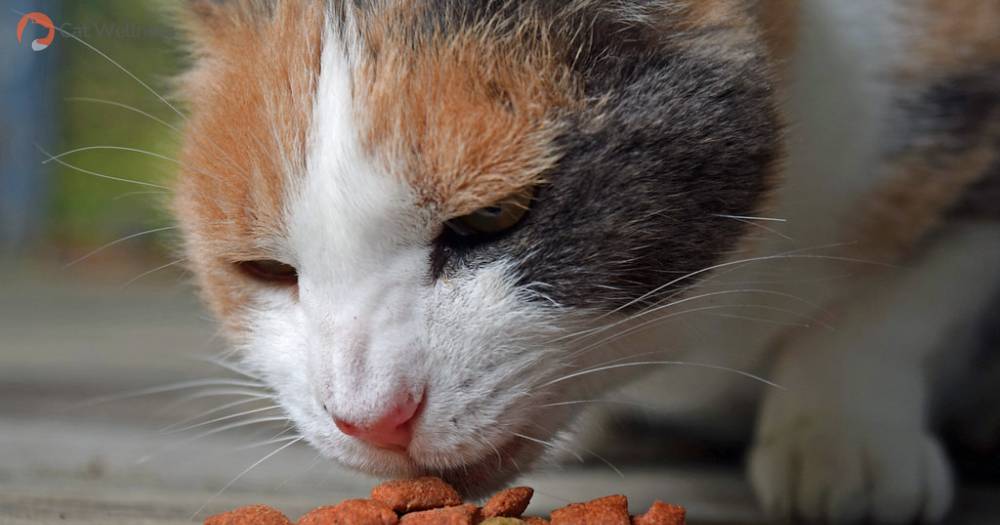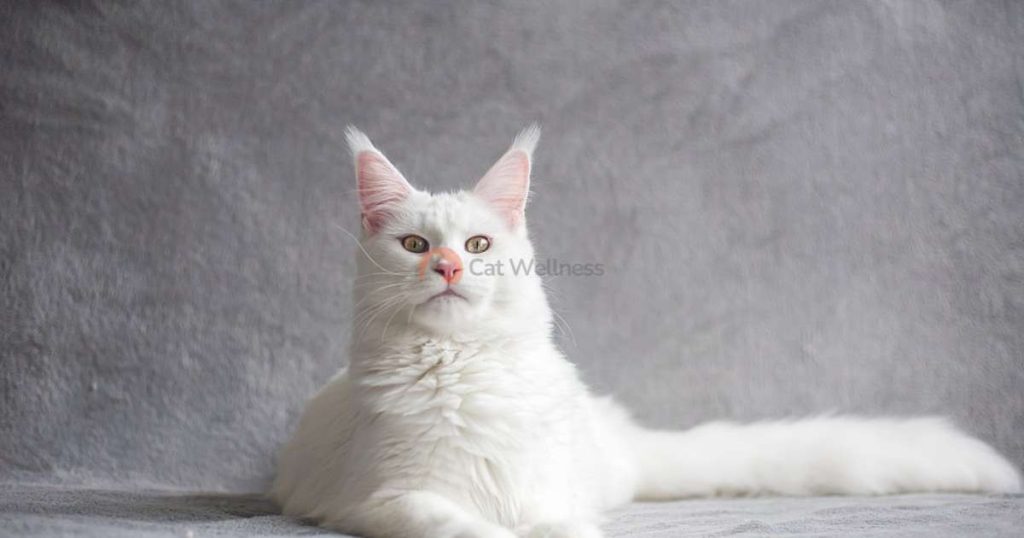Have you noticed your cat taking an interest in cucumbers lately? While this green vegetable is an everyday household staple for humans, it’s not typically associated with feline preferences.
Although it may seem odd, some cats are attracted to cucumbers when they are being sliced. If you’re curious whether or not cucumbers are safe for your pet to eat, read on for more information!
Can Cats Eat Cucumbers?
Cats can safely eat cucumbers in small quantities, and it can even provide some health benefits for them.
Safety of Feeding Cucumbers to Cats
We get it; we love treating our feline friends with the occasional odd food choice. However, before you headfirst into a cucumber diet for your kitty, considering the safety of feeding cucumbers to cats is essential.
Cucumbers are not toxic to cats; they can enjoy this crunchy vegetable without adverse health effects. The skin and seeds of cucumbers are also generally safe, but moderation is key.
Related Post: Which Fruits Can Cats Eat?
Health Benefits of Cucumbers for Cats
Cucumbers can be a nutritious addition to your cat’s diet. These crunchy treats are packed with molybdenum, an often overlooked trace mineral vital in boosting our feline friend’s metabolism.
As reliable sources of vitamins K, C, and B1, cucumbers are health boosters for cats, aiding their overall well-being. Furthermore, cucumbers have high water content, which aids in keeping cats hydrated especially during hot summer days.
Let’s not forget that cucumber skin and seeds pose no harm to them either; however this does not mean flooding their plate with these green goodies without consideration for balance in nutrition!
How Many Cucumbers Can Cats Eat?
Cucumbers have low calorie and sugar content, making them an excellent choice for healthy treats if your kitty shows interest in them!
When feeding cucumbers to our cats, paying attention to the amount is essential. While cucumbers are not harmful and are safe for cats to eat, it’s best to feed them in moderation.
It’s safe for cats to eat a piece or two of cucumber as a snack but not more than that in one sitting. Some cats may experience digestive discomfort if they are overfed due to their predatory nature and limited ability to metabolize plant-based foods effectively.
Ways to Feed Cucumbers to Cats
Cats can be fed cucumbers in different ways. You can slice them for easy eating, mix them with cat food, or make cucumber-infused water for hydration.
Slicing Cucumbers for Easy Consumption
We recommend slicing them into small, bite-sized pieces to make it easier for cats to consume cucumbers.
This allows for more convenient eating and reduces the risk of choking. Sliced cucumbers are also visually appealing to cats, making them more likely to approach and give them a try.
Remove any seeds or tough skin that could be difficult for your feline friend to digest.
Mixing Cucumbers with Cat Food
To include cucumbers in a cat’s diet, slice them into small, easily chewable pieces and mix them with their regular cat food in their food bowl.
The crunchy texture of the cucumber may add variety to their meal, and the mild flavor can appeal to some cats.
Cats are obligate carnivores, meaning that animal protein should be their primary source of nutrition. Mixing in cucumbers occasionally can provide additional hydration and vitamins and minerals, like vitamin C and potassium.
Creating Cucumber-infused Water for Hydration
One simple yet effective way to help keep our feline friends hydrated and refreshed is by creating cucumber-infused water.
Cucumbers have an incredibly high water content of around 95%, making them an excellent source of hydration for cats.
By infusing their water with cucumber slices, we can provide them with a refreshing drink that quenches their thirst and provides essential nutrients.
This cat-friendly concoction can be made by adding thinly sliced cucumbers to a bowl or pitcher of fresh water and letting it sit in the fridge for a few hours to allow the flavors to meld together.
The result is a hydrating and delicious treat that our beloved cats will surely enjoy without any worry about adverse health effects.
Related Post: Do Cats Eat Ducks?
Signs Your Cat May Not Like Cucumbers
If your cat shows signs of fear or avoidance when presented with cucumbers, it’s best to respect their preference and not force the issue.
Behavioral Cues of Dislike
Cats can exhibit various behavioral cues to show their dislike towards cucumbers. Startling reactions, avoidance behavior, and signs of fear indicate that a cat may not like cucumbers.
Digestive Issues From Eating Cucumbers
Feeding cucumbers to cats can sometimes lead to digestive issues. Cats have sensitive digestive systems, and consuming too much cucumber can cause upset stomachs and gastrointestinal discomfort.
Some common signs of cucumber intolerance in cats include vomiting, diarrhea, irregular bowel movements, a lack of appetite, and abdominal pain. It’s important to note that these symptoms may vary depending on the individual cat and its tolerance for cucumbers.
Every cat is different and may have their preferences regarding food choices. Please pay close attention to your cat’s reactions and monitor their response after eating certain foods like cucumbers.
Final Words
In conclusion, while cucumbers are generally safe for cats to eat in small quantities, it is essential to consider a few factors. Cats may not derive significant nutritional benefits from cucumbers, but they can serve as a hydrating, low-calorie snack.
However, be mindful of any potential chemicals or pesticides on the cucumber’s skin and seeds. If your cat shows signs of digestive issues or dislikes cucumbers altogether, it’s best to avoid feeding them this vegetable.
Always introduce new foods gradually and in moderation for your feline friend’s well-being.
Recommended Reading

